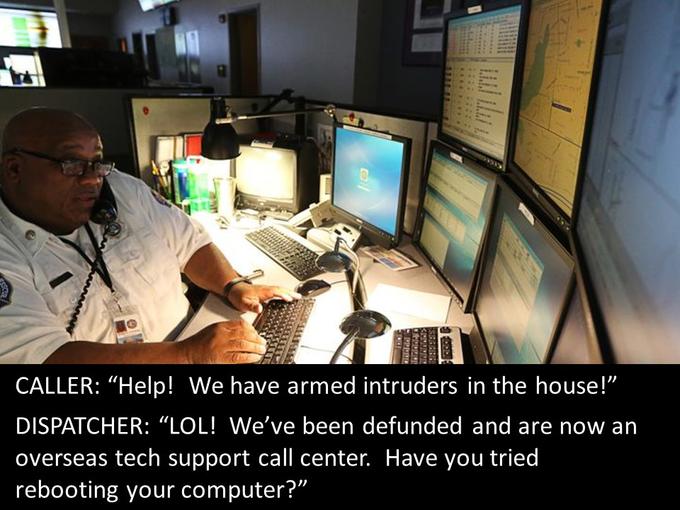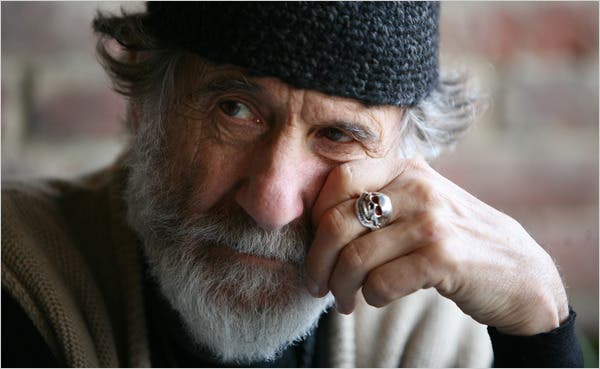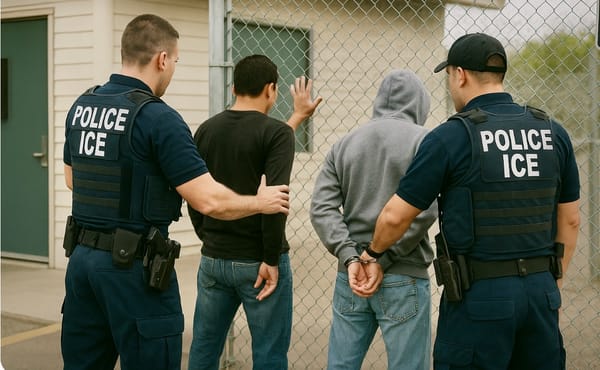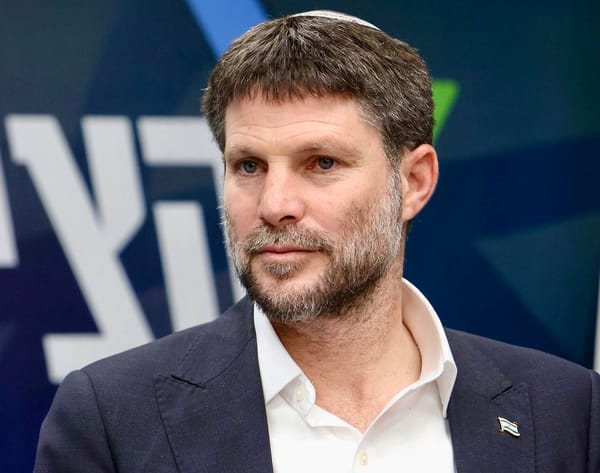Let’s have an honor code for cops
Police are under scrutiny, which is nothing new for the Philadelphia Police Department, although the bug collection known as City Council has not jumped into the Defund Police crazy car.

One reason is that Council members (except Allan Domb) accepted personal security from the PPD at a cost of $178,000 to taxpayers during the days of rage following the death of George Floyd. Who would want to defund their personal security force?
Well, new Council member Jamie Gauthier, who wants her protection, but her street cred, too.
“I am inspired by Minneapolis,” which will dismantle its police force, Gauthier said, “and I hope that our city, too, takes a hold of this moment and can be on the right side of history.”
Mayor Jim Kenney promptly clucked like a Rhode Island Red and dropped his earlier demand to increase the police budget from $748.6 million to $760.6.
Gauthier was joined by harridan Councilwoman Helen Gym, who tweeted, “Minneapolis Council showing how transformative change can happen.”
A couple of weekends ago, Center City experienced “transformative change.” Plywood panels are still up.
Finally, new Councilwoman Kendra Brooks, of the Working Families Party, called for breaking up the police because “You can’t professionally-develop people out of being racist.” She will work to “dismantle anti-blackness and find a way to create safety for everyone.”
Basically, she is saying she is oppressed in Philadelphia, arguably the most blue big city in America, owned and operated by Democrats for almost 70 years.
Yesterday I listed about a dozen reforms for accountability that police are facing, which are discussionable, while defunding is not. But will any change imposed from the outside be effective?
For context, let’s turn the clock back just two years in Philadelphia.
Two months before Police Commissioner Richard Ross’ surprise resignation, he had to deal with investigating 72 officers who had posted questionable comments on social media — ranging from humor to racism — and also with 10 police recruits who had cheated on an open-book test.
That sounds like a joke, but what’s not funny is these were people we were training to enforce the rules and yet couldn’t get through training without breaking them. They were all allowed to “resign.”
Three years earlier, 29 state police cadets were dismissed for cheating.
Obviously, some cheaters get through and some cops are liars.
In 2017, D.A. Seth Williams created a secret “do not call” to testify list of 29 cops who were deemed to be liars. The phenomenon had a name, testilying, and the list became public when Larry Krasner became D.A. in 2018.
Lying is more than a moral wrong. It undermines the entire system.
The attempt by the 10 recruits to cheat was uncovered by another cadet, who reported it.
Ah, and now we get to the nub, and a possible solution to the problem of bad policing. Better hiring and better training will help.
The first line of defense must be good policing, meaning police who will dismantle not the force, but the Blue Code of Silence.
Good cops must report bad cops.

That’s what brought me to Frank Serpico, the legendary NYPD officer who testified against dirty cops. That almost got him killed.
The good cops must find the courage to turn in the bad cops. It won’t be easy, Serpico told me.
“First of all, they’ll try and discredit them,” Serpico told me in a telephone interview. “Then they’ll try to implicate them in something or other. And then if they persist long enough, they will be so harassed it will blow out their sanity.”
That was true because Serpico was all alone. Silence was deeply entrenched in police culture.
To break the Blue Code of Silence I would replace it with another code — an Honor Code, such as exists as the military service academies. Every cadet and midshipman is required to enforce the code that governs everyone’s conduct.
Breaking the code, or failure to report a breach, results in expulsion. It is not imposed from the outside. It is internal.
Every service member is his or her brother and sister’s keeper. It is not snitching. It is enforcing a code that they have agreed to.
In training, as recruits, they should be required to take an oath to, pardon me, to police themselves.
Will it be perfect? Nothing is.
It works well for the military and is worth emulating.



